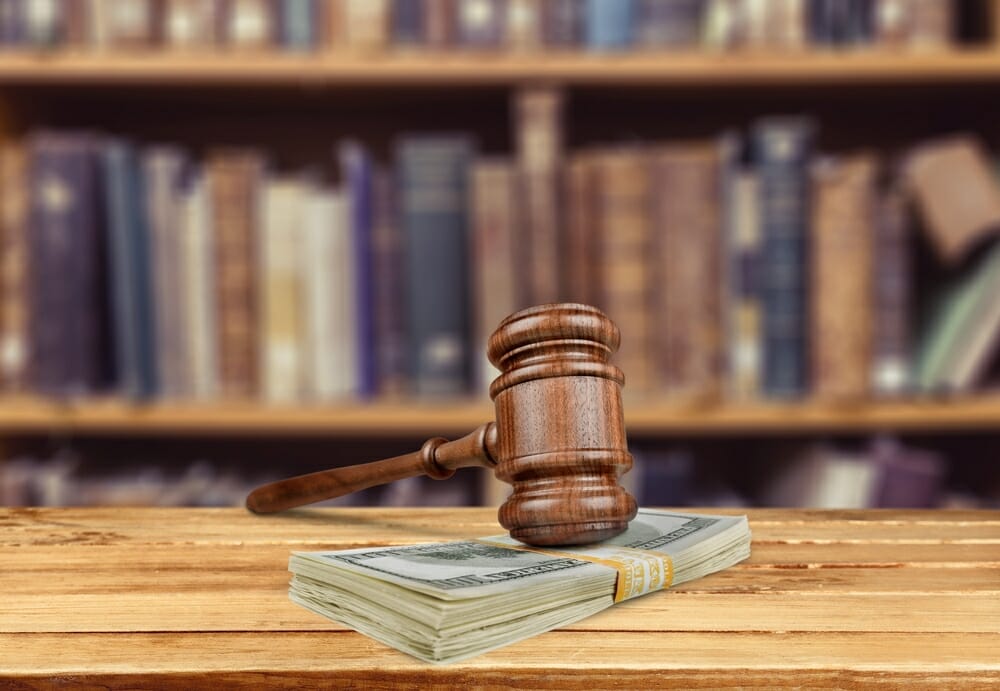If you suffered injuries due to someone else’s negligence, you might be entitled to compensation for your losses. In addition to securing your economic and non-economic (pain and suffering) damages in a personal injury lawsuit, there is a third category of damages. In some cases, punitive damages may be awarded, allowing a victim to recover more.
What Are Punitive Damages?
Punitive damages, also known as exemplary damages, are available in limited cases where a defendant’s conduct was particularly egregious. They are not meant to compensate an accident victim for any losses, but instead, they are to punish the wrongdoer for their malicious behavior. Punitive damages are also intended to serve as a deterrent to others who might engage in similar conduct.
To obtain punitive damages, the high standard of “gross negligence” must be satisfied. This means that a plaintiff must establish that the defendant’s conduct was not only negligent, but “willful and wanton.” In other words, punitive damages are only awarded when it can be shown that the defendant acted with reckless intent or a complete disregard for the plaintiff’s welfare.
Types of Cases in Which Punitive Damages May Be Awarded
Although there is no definitive standard to determine whether a specific claim warrants punitive damages, they are more likely to be awarded in some cases than others. If a defendant had knowledge that their actions could result in severe bodily harm or fatality to another — and chose to engage in the conduct anyway — punitive damages may be available.
A common example is when a drunk driver gets behind the wheel and causes debilitating injuries to another, despite being fully aware of the potential consequences of their actions. Punitive damages may also be appropriate if a victim is injured due to the following deliberate and malicious conduct:
- Driving under the influence of drugs
- Excessive speeding
- Street racing
- Intentional nursing home neglect
- Conduct that also constitutes a serious crime
Additionally, punitive damages may be awarded in wrongful death claims, certain medical malpractice cases, and products liability cases — as well as in premises liability lawsuits where the defendant had exhibited a complete disregard for the plaintiff’s welfare. While these types of damages are rare, a good personal injury lawyer will know what it takes to secure them in your case.
How Are Punitive Damages Determined?
In New York, it’s generally up to a jury to decide the amount of punitive damages that will be awarded. Notably, this category of damages is not applicable when a case settles out of court. Juries may consider a variety of factors, including the defendant’s cruelty, the severity of the plaintiff’s injuries, and what amount would be appropriate to serve as a deterrent.
Punitive damages are typically not awarded unless it is proven that they are necessary. In addition, they must also be reasonable. As with compensatory damages, there is no cap on punitive damages in New York. However, an award of punitive damages that is deemed “excessive” based on the facts and circumstances of the case may be overturned.
Contact an Experienced New York Personal Injury Lawyer
If you were injured in an accident caused by another’s egregious conduct, it’s crucial to have a skilled personal injury attorney by your side to ensure you obtain the maximum compensation you deserve. Due to our knowledge, dedication, and years of experience, the attorneys at The Edelsteins, Faegenburg & Blyakher LLP regularly obtain settlements and verdicts in the millions for clients.
The Edelsteins, Faegenburg & Blyakher LLP is a personal injury law firm dedicated to fighting for the rights of accident victims to ensure they get the monetary recovery they deserve for their injuries. Located in Manhattan, our firm has been handling personal injury cases throughout New York City since 1937. Call to schedule a free consultation at (212) 425-1999 today.

